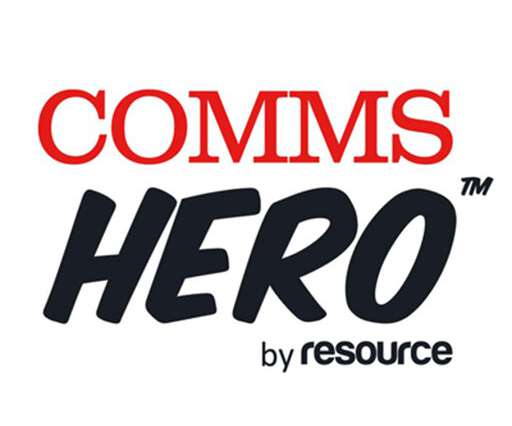Media Interview Skills: Why Silence Is Not Always Golden
Polaris
DECEMBER 8, 2014
And a poorly handled print or broadcast interview could turn a relatively benign issue into a full-blown crisis. Another woman, Andrea Constand, filed a lawsuit against Cosby in 2004. Moving forward, there’s not much he can do except lie low and wait for an opportunity to rebuild his reputation. Her revelations were nothing new.












Let's personalize your content